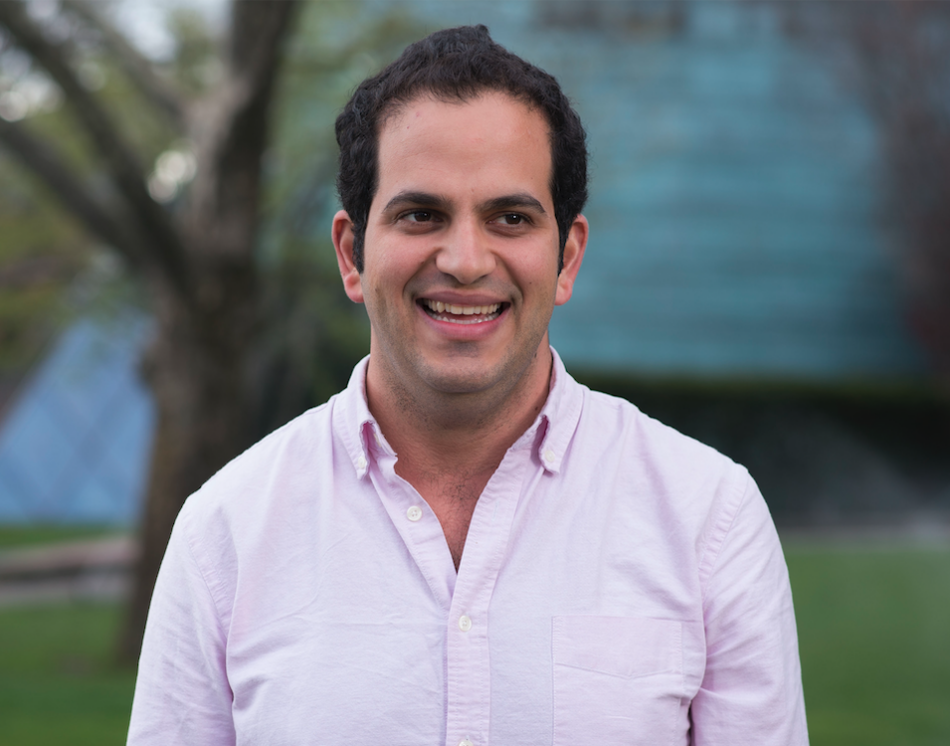Advancing Social Enterprise
Background
I graduated from Harvard College in 1990. I was the first college recruiter at Teach for America with Wendy Kopp and I got to know the people who were starting up the Social Enterprise Initiative at HBS. At that time, there was very little at any business school in terms of social enterprise and global entrepreneurship. Business schools were much more geared to Wall Street and Fortune 500 company management. Now, 20 years later, there are case studies on Endeavor as part of the MBA curriculum and every year, 6 to 10 students spend their summers at an Endeavor office or at one of the high-impact business entrepreneurs that we support.
Why SEI @ HBS?
HBS has played a leading role in advancing social enterprise as a field of study. At HBS, the worlds of entrepreneurship, social challenges, and management can come together and find commonality and—literally—a common language.
To me, social enterprise has always been about finding the places where there is a market failure, where neither governments nor the private sector were operating efficiently to solve a great social problem and stepping in and being the catalyst, and being entrepreneurial and bridging that gap.
And I think the exciting thing is HBS was there really at the inception of this field and now, you see the entire field getting to scale. … I think that people can get involved and it’s not on the margins anymore. Social enterprise is tackling big problems, in a very entrepreneurial way, measuring impact and having fun while doing it. HBS offers a global focus for people who are interested in exploring the intersection between the non-profit and for-profit worlds.
Impact
Having the talent and enthusiasm of HBS students helping us support the work we do with emerging entrepreneurs has been really priceless. HBS students get a window into new markets and the structural challenges that entrepreneurs face. And the private sector sees us attacking social challenges with familiar language and familiar tools. So now, Wall
Street firms and the private sector are asking us, “How do you motivate employees with ‘psychic equity’? or “How can we approach shareholder value creation in a broader way?” It’s much more about back-and-forth learning between the public and private sectors.




